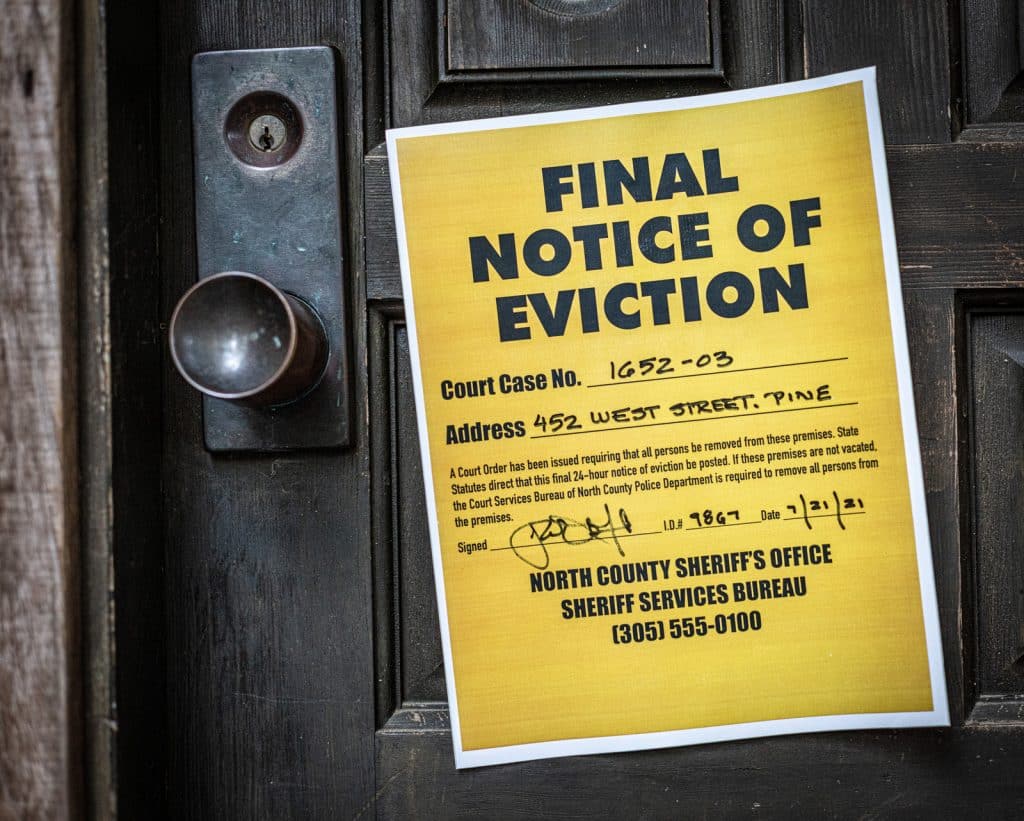Navigating the eviction process as a tenant can be challenging and stressful. At MPC LAW, we are dedicated to ensuring that tenants understand their rights and the necessary steps to defend themselves effectively in eviction proceedings. Here’s what you need to know about the eviction process, your rights, and how to respond if you find yourself facing eviction.

Eviction proceedings are designed to be summary in nature, which means they are faster than typical civil cases. Importantly, forcible entry and detainer actions (evictions) are not governed by the standard rules of civil procedure, which underscores the need for tenants to act swiftly and knowledgeably in responding to eviction notices.
The eviction process follows a strict timeline that begins with the landlord issuing a 3-day notice based on a specified ground, such as non-payment of rent or violation of lease terms. The 3-day notice cannot count weekends or holidays. Absent a cure of the allege default within the 3-day notice window, the landlord will proceed with an eviction.
Recent case law has highlighted the critical importance of proper notices, especially in scenarios involving subsidized housing or properties secured by covered loans. Recently, the Tenth District Court of Appeals, in Olentangy Commons Owner, LLC v. Fawley, 2023-Ohio-4039, interpreted federal legislation at 15 U.S.C. 9058(c)(1) to require a 30-day notice to vacate prior to commencing an eviction. While not binding on all Ohio Courts, the decision is persuasive and may be found well-taken in other jurisdictions. Accordingly, if you live in subsidized housing or housing secured by a covered loan, you may be entitled to more than the standard 3-day notice.
An eviction claim suggests that a tenant has significantly violated the terms of the lease agreement, essentially constituting a breach of contract. For a breach to justify eviction, it must be material—meaning it is significant enough to undermine the contract’s very essence, not just a minor or trivial breach. Understanding the distinction between a material and minor breach is crucial for tenants. Moreover, demonstrating substantial performance, such as consistent rent payment, can often support a tenant’s argument that a material breach has not occurred, thus potentially countering the grounds for eviction.
Tenants facing eviction proceedings may have several defenses available to them, depending on the circumstances of their case:
If viable defenses against eviction aren’t available, tenants should prioritize negotiating additional time with the plaintiff to either find new accommodation or rectify the lease default before the eviction is enforced. Engaging a dedicated advocate, such as MPC LAW, can be instrumental in these negotiations, helping tenants to secure the necessary time and potentially avoid immediate displacement.
If an eviction proceeds to completion, tenants must understand their rights regarding the collection of any owed rent and the handling of their security deposit. While some landlords may not pursue additional damages beyond regaining property possession, tenants should be aware of their potential financial liabilities and seek to negotiate or contest any unfair charges prior to collections.
At MPC LAW, we view the attorney-client relationship as a collaborative partnership that requires active collaboration to effectively address and resolve legal challenges, including evictions. We are committed to providing clear, effective communication and strategic legal advice to help tenants navigate the eviction process. Our approach focuses on understanding each tenant’s specific situation and crafting a defense, or a settlement, that aligns with their rights and the nuances of local eviction laws.
For tenants facing eviction or those who need assistance understanding their rights and options, contact MPC LAW. Our team is ready to support you through every step of the process, ensuring you have the guidance and representation needed to achieve the best possible outcome.